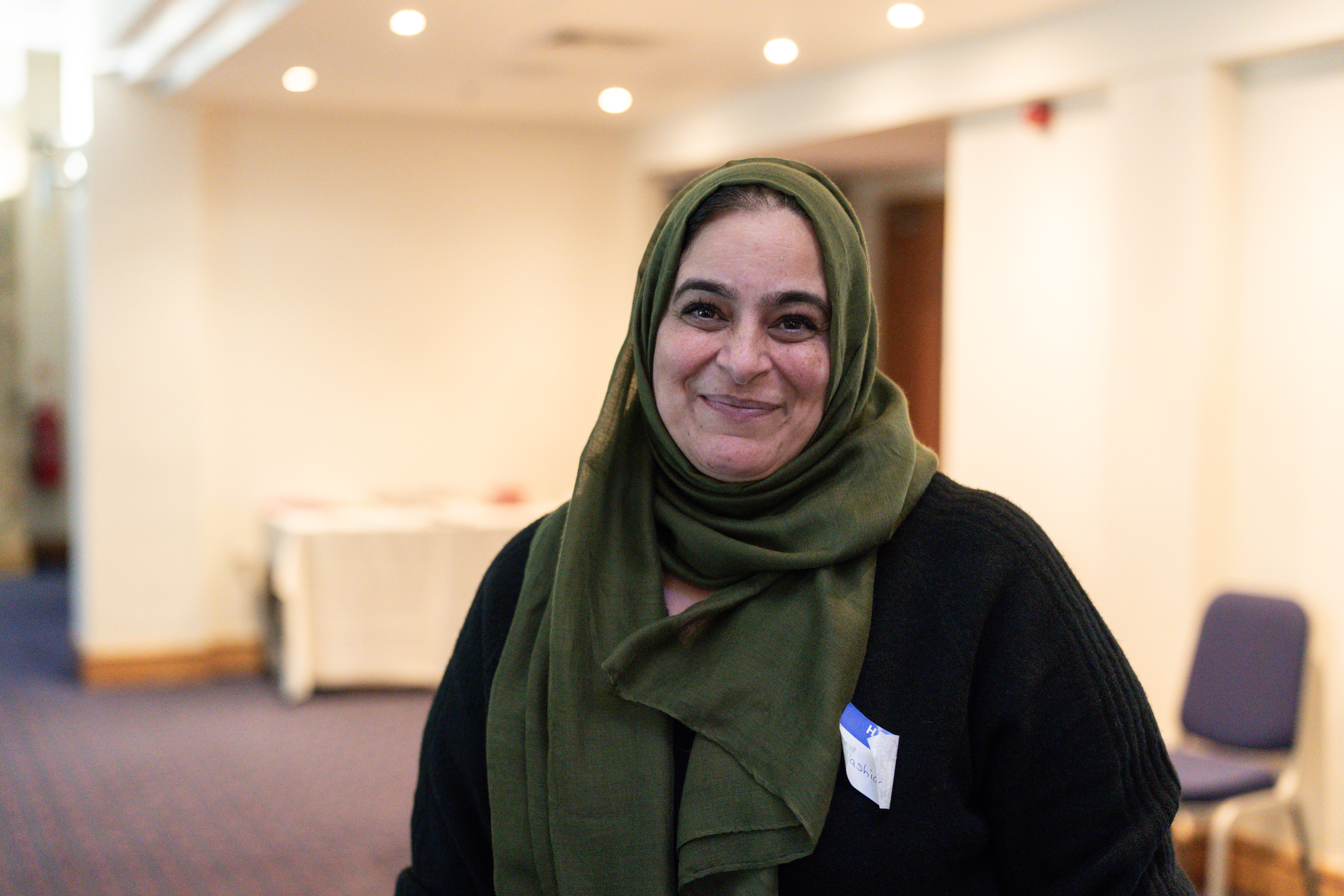A closer look at Personal Independence Payments
Benefits advisor with Shaun Clayton…
Applying for Personal Independence Payments can be daunting and often dispiriting – it is the benefits issue we take most calls about at PHA UK. Here are a few more tips which may help you to put your case:
- It is very important to be as clear as possible about the impact of your condition in every question you are asked. Give as much descriptive information as possible about how PH affects your ability to do things like prepare a meal, get yourself ready in a morning or plan and carry out routine journeys. How long does it take you to do specific tasks? How many breaks do you need? Take time to notice and record these things. Provide real examples about things like climbing stairs, loading the washing machine, hoovering the lounge and so on. Describe what you need to do to manage your health.
- If a question offers simple multiple choice options, always use the box provided for extra comment – write your answer in more depth.
- Don’t assume knowledge. PH is not well-known so describe your symptoms eg breathlessness, as graphically as possible both on paper and at your face-to-face assessment.
- Study the Department for Work and Pensions section of www.gov.uk Download their Personal Independence Payments handbook.
- Get support from the experts who know you and your condition best – when the DWP asks for evidence in support of your application speak to your PH specialist centre team about a letter or medical report.
- Contact us at PHA UK too. We can provide personalised letters explaining the condition, its symptoms and the significant impact it has on people.
- Don’t be afraid to challenge your initial decision. Lots of PIP claims are rejected first and then granted at tribunal stage, where the applicant is able to talk through their situation with a panel including a judge and a doctor.
- Visit the Turn2us welfare rights website www.turn2us.org.uk for free advice on your ways to challenge your PIP decision.
- Talk to me at the PH UK office. We are here to support you. Request a copy of ‘Signposting for Potential benefits’ via publications@phassociation.uk.com
- Take it steady and pace yourself. The DWP admit the PIP assessment process is taking longer they anticipated. But if your claim is successful, your payments will be backdated to when you originally applied. Persevere.
What is PIP?
PIP is the UK benefit for adults of working-age who have a long-term illness or disability. PIP replaced the Disability Living Allowance for new adult applicants in 2013. It aims to provide help towards some of the extra costs a person might have because of their condition. PIP is made up of a ‘daily living component’ which takes account of how your condition affects your ability to take care of yourself; and a ‘mobility component’, which takes account of how your condition affects your ability to get around. You may be awarded one or both of these components. PIP is awarded at either a ‘standard’ or ‘enhanced’ rate depending on whether the DWP assesses your abilities are ‘limited’ or ‘severely limited’ by your condition.
















